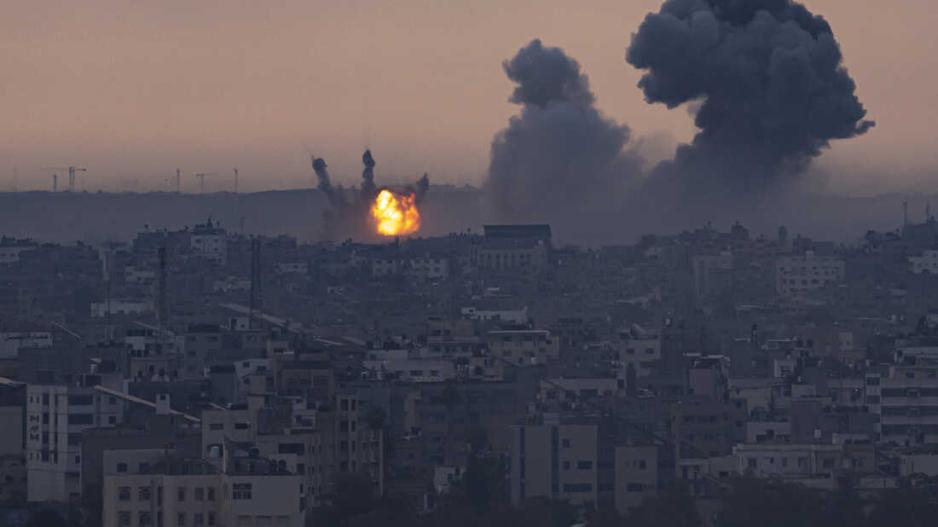Cyprus Faces Energy Price Challenges Amid Regional Turmoil
Ministries to Reevaluate Their Numbers, Especially Concerning Electricity and Fuel, Before Deciding on Relief Measures for Consumers
Following the Hamas attack on Israel and the subsequent decision of the Netanyahu government to wage war, discussions and consultations in Cyprus on how to address the soaring energy costs for households and businesses have been suspended. This sudden turn of events compels the Cypriot ministries to reevaluate their numbers, especially concerning electricity and fuel, before deciding on relief measures for consumers.
Energy Minister, Giorgos Papanastasiou, indicated to Brief that a new wave of hikes in oil derivatives is expected. "While we were discussing energy cost subsidies, the situation has now shifted and we must reassess the data," Papanastasiou remarked. He warned of higher global fuel product prices that will inevitably influence Cyprus, though he expressed hope that the impact wouldn't be severe.
A major determinant of new oil product prices is market demand. In cases of market panic, demand spikes as several countries aim to bolster their reserves. This is linked to OPEC+'s strategy of reduced crude oil production, which has been on the rise recently.
Concerning fuel, the four oil derivative importing companies operating in Cyprus await their shipments from Aspropyrgos and Haifa. As long as the Israeli port operates normally despite the war atmosphere, no additional supply chain issues are anticipated.
However, instability and uncertainty remain dominant in the broader markets after a series of incidents, including the situation in Ukraine, severe climatic disasters, and now, the escalating Middle East conflict.

Moreover, the escalating conflict in Israel poses potential economic threats to Cyprus, despite its historically resilient economy, warn financial experts. While it's too early to assess the full impact, many are concerned about the duration of the conflict and potential broader geopolitical implications.
Economist Marios Clerides remarked to the Cyprus News Agency, “The real economic impact depends on the conflict's duration and potential fallout in nearby regions.” He specifically pointed out the tourism sector as one under direct threat, highlighting that Israelis made up the second largest group of visitors to Cyprus recently, accounting for 14.9% in August.
However, Clerides also emphasized the proven resilience of the Cypriot economy.
Thanos Michaelides, Chairman of the Cyprus Hotels Association, echoed these concerns, particularly about the decline in tourism from Israel, a vital market for Cyprus. He noted some shifts in hotel reservations, with some tourists shortening their stays while others extended them, hopeful for conflict resolution. Expressing his deep concerns, Michaelides said, “Our primary wish is for peace. The current scenes are heart-wrenching.”
Addressing the broader economic implications, Marios Christou, an economist at the University of Cyprus, suggested that the prolonged conflict could indeed have long-term repercussions, especially if countries like Lebanon get involved. On a brighter note, Christou speculated that Europeans in Israel might consider relocating to Cyprus for safety, and businesses might also consider the island as an alternative base. However, he cautioned that an extended war leading to a regional war zone classification could gravely hurt sectors pivotal to Cyprus, notably tourism.






